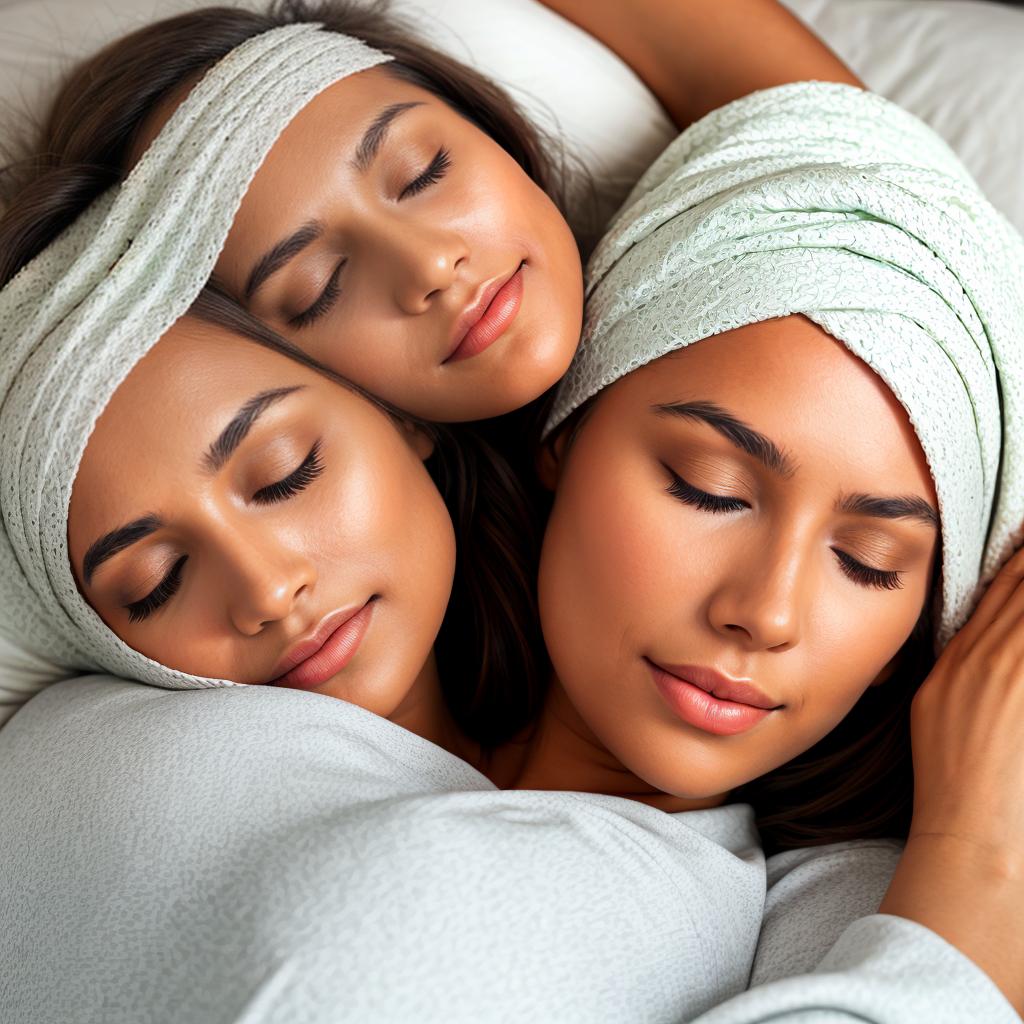When it comes to achieving radiant and healthy skin, many people focus on skincare products and routines, but there’s another crucial element often overlooked – sleep. Yes, you read that right! Getting enough quality sleep plays a significant role in maintaining beautiful and glowing skin. In this article, we’ll explore the science behind sleep and its impact on your skin, providing you with valuable insights into why prioritizing your sleep can lead to a more radiant complexion.
The Science of Beauty Sleep
You may have heard the term “beauty sleep” before, and it’s not just a catchy phrase. Beauty sleep is a real concept backed by scientific evidence. When you sleep, your body goes through various essential processes to repair and rejuvenate itself, and this includes your skin.
- Cellular Repair: During the deep stages of sleep, your body’s cells, including skin cells, undergo repair and regeneration. This process helps in the removal of toxins and the production of new, healthy skin cells.
- Collagen Production: Collagen is a protein that gives your skin its elasticity and firmness. Sleep stimulates collagen production, helping to keep your skin plump and youthful.
- Blood Flow: Sleep increases blood flow to the skin, providing it with the oxygen and nutrients it needs to look fresh and vibrant.
- Reduced Inflammation: Sleep reduces inflammation in the body, which can lead to conditions like acne and redness. A well-rested body is better equipped to handle skin issues.
The Effects of Sleep Deprivation on Skin
Now that we’ve established how sleep positively impacts your skin, let’s take a look at what happens when you don’t get enough sleep:
- Dark Circles: Lack of sleep can cause blood vessels under your eyes to dilate, leading to those pesky dark circles and under-eye bags.
- Dullness: Without proper sleep, your skin can appear dull and lackluster. It loses its natural glow, making you look tired and aged.
- Breakouts: Sleep deprivation increases the production of stress hormones like cortisol, which can lead to breakouts and worsen conditions like acne.
- Accelerated Aging: Chronic sleep deprivation can accelerate the aging process, leading to fine lines and wrinkles appearing earlier than they should.

Tips for Getting Quality Beauty Sleep
Now that you understand the connection between sleep and radiant skin, here are some tips to help you improve the quality of your sleep:
- Establish a Routine: Go to bed and wake up at the same time every day, even on weekends. This helps regulate your body’s internal clock.
- Create a Relaxing Bedtime Routine: Engage in calming activities before bed, such as reading a book, taking a warm bath, or practicing deep breathing exercises.
- Limit Screen Time: The blue light emitted by phones, tablets, and computers can disrupt your sleep patterns. Avoid screens at least an hour before bedtime.
- Watch Your Diet: Avoid heavy meals and caffeine close to bedtime. Opt for a light, healthy snack if you’re hungry before bed.
- Create a Comfortable Sleep Environment: Make sure your bedroom is dark, quiet, and cool. Invest in a comfortable mattress and pillows.
- Exercise Regularly: Regular physical activity can improve sleep quality, but avoid strenuous workouts too close to bedtime.
- Manage Stress: Stress and anxiety can interfere with sleep. Try relaxation techniques like meditation or yoga to calm your mind.
FAQs
Q1: How much sleep do I need for healthy skin?
A1: On average, adults should aim for 7-9 hours of sleep per night to support healthy skin and overall well-being.
Q2: Can I catch up on missed sleep over the weekend?
A2: While catching up on sleep can be helpful, it’s best to maintain a consistent sleep schedule throughout the week to avoid disrupting your body’s internal clock.
Q3: Are there specific skincare products that can compensate for lack of sleep?
A3: While skincare products can help improve your skin’s appearance, they cannot fully compensate for the benefits of a good night’s sleep. Sleep and skincare should go hand in hand for the best results.
Q4: Does the position I sleep in affect my skin?
A4: Yes, sleeping on your stomach or side can lead to sleep lines and wrinkles over time. Sleeping on your back is generally considered the best position for minimizing skin contact with your pillow.
In the pursuit of radiant skin, don’t overlook the importance of sleep. Getting enough quality rest is essential for the health and appearance of your skin. By following the tips provided and prioritizing your sleep, you can wake up each day with not only more energy but also with glowing, youthful, and radiant skin. So, the next time you think about investing in expensive skincare products, remember that the most effective beauty treatment might just be a good night’s sleep. Sweet dreams and beautiful skin await you!
